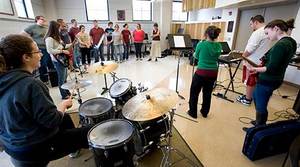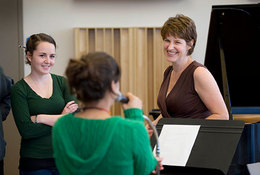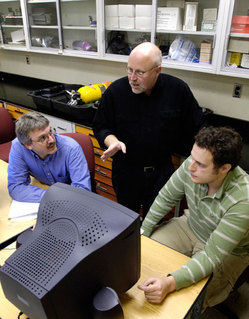 Okay, back again, talking about one of my favorite professors and programs.
Okay, back again, talking about one of my favorite professors and programs.
Jan Watcher, associate professor of Safety Sciences, who is currently researching how management needs to engage workers if they want them to follow safety guidelines, is a busy guy.
In addition to this work, a full load of classes, and advising students, one of his articles was selected for one of the most prestigious national safety journals, Professional Safety. His article is titled “Ethics–the Absurd Yet Preferred Approach to Safety Management.”
Any academic article that has the word “absurd” in it captures my attention.
As I’ve noted in a previous post, Dr. Watcher is a very articulate, well-rounded guy, who puts doing the right thing first. So I guess I’m not surprised by his topic. He is trying to tell management that yes, “the Golden Rule” (you know, we learned it in Sunday school, “Do Unto Others as You Would Have Them Do Unto You” ) can be used as the basis for developing and implementing safety programs in the workplace without negatively affecting the bottom line.
But Dr. Watcher goes a step further. He puts this responsibility on the safety professional. “Safety professionals need to have the moral courage to embrace ethical, not just regulatory, standards,” he says.
Let’s face it. Big companies are not always known for caring about the “little guy,” and sometimes, Dr. Watcher says, unethical managers try to enlist safety professionals as advocates for cutting corners when it comes to safety. If this happens, he says, safety professionals need to stand their ground and show their bosses how safety programs based on the more ethical basis of doing the right thing is a better and sustaining basis for managing safety programs in the long run.
I really liked this particular idea from the article: Laws and regulations are all about what people CAN’T do, but ethics are about what people (and companies) SHOULD do.
Or, more simply put, ethics are about doing the right thing.
Dr. Wachter supports a “safety management systems approach” in the workplace: that is, recognizing the unsafe acts, unsafe conditions, and accidents are all symptoms of problems in the organizational management system. Safety should not be a “sunk cost,” but an integral function of doing business, just like quality.
But why would management adopt this approach, especially in light of challenging economic times?
“Perhaps the greatest economic reason to support an ethics-based approach to safety management within a capitalistic system is that prosperity generates an environment where continuing improvement and reduced risk are affordable,” Dr. Wachter says.
Pretty smart thinking.
But Dr. Watcher is a pretty smart guy. Here’s his professional training: a bachelor’s degree in biology, master’s degree in environmental health, Master of Business Administration, a doctoral degree in hygiene from the University of Pittsburgh, a Master of Divinity degree from Pittsburgh Theological Seminary, and a Master of Applied Theology from Wheeling Jesuit University. Before his academic career, he was employed by Fortune 100 companies and the federal government as an environmental safety and health administrator and researcher. His safety science accreditations include certified safety professional, certified industrial hygienist, certified hazardous materials manager, certified quality engineer, and certified reliability engineer.
I really like the idea of a Dr. Jan Wachter training the next generation of safety professionals. I feel a lot safer already!

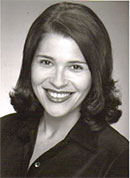 Okay, kind of an esoteric title. But a lot of times, the actual content of these academic papers is really intriguing and thought-provoking. When I read more on the
Okay, kind of an esoteric title. But a lot of times, the actual content of these academic papers is really intriguing and thought-provoking. When I read more on the 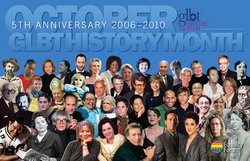
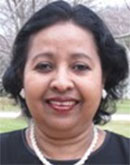 That’s why I felt that the results of a study by Parveen Ali, an assistant professor in
That’s why I felt that the results of a study by Parveen Ali, an assistant professor in  Over morning coffee, NPR listeners recently learned about eating habits that were discovered right here in Indiana, Pennsylvania. You can see the full story in
Over morning coffee, NPR listeners recently learned about eating habits that were discovered right here in Indiana, Pennsylvania. You can see the full story in 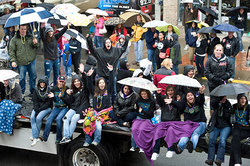
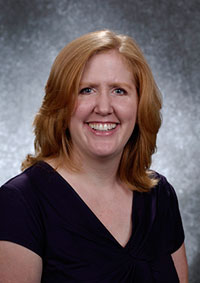 Criminology professor
Criminology professor 
